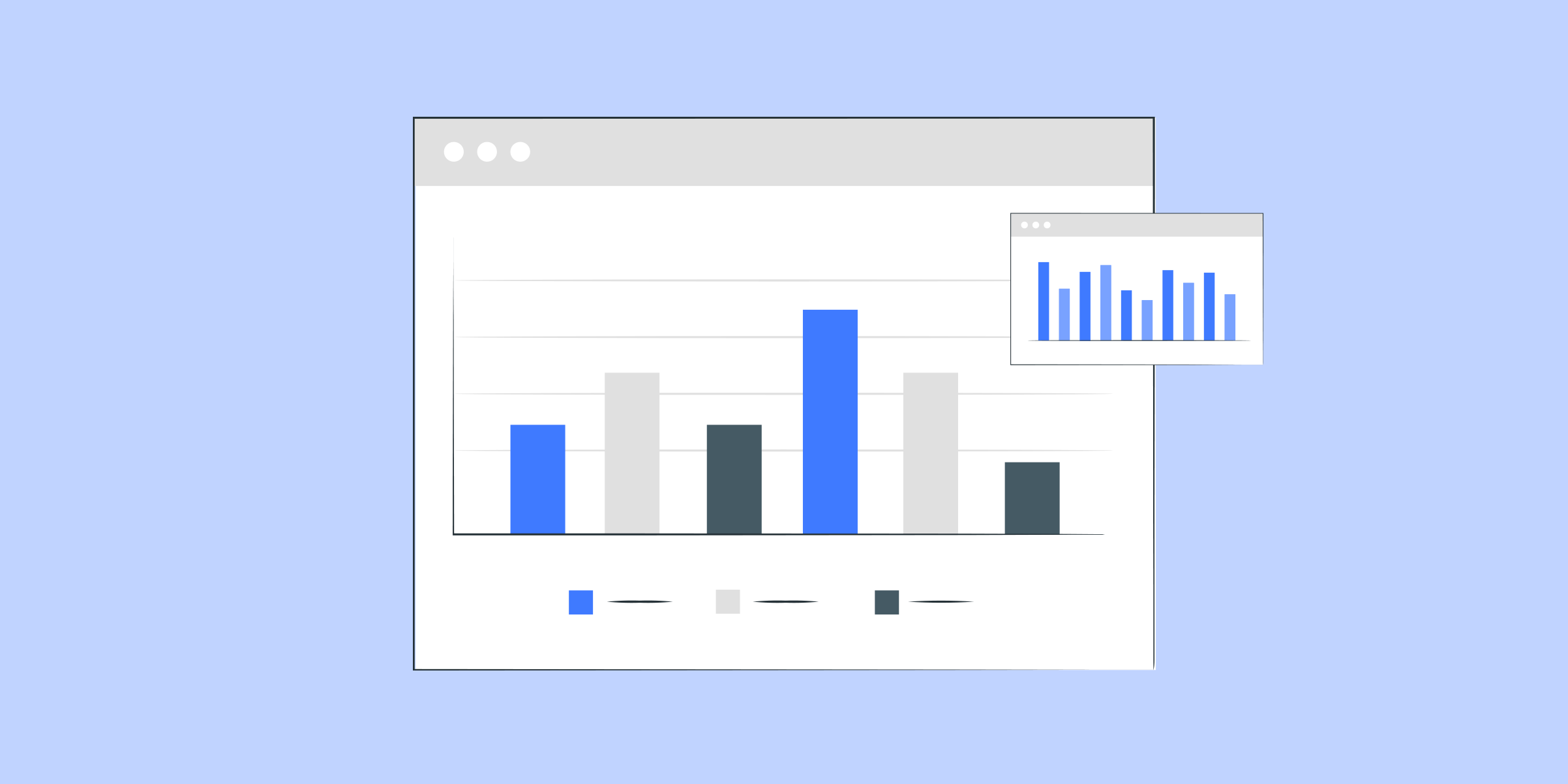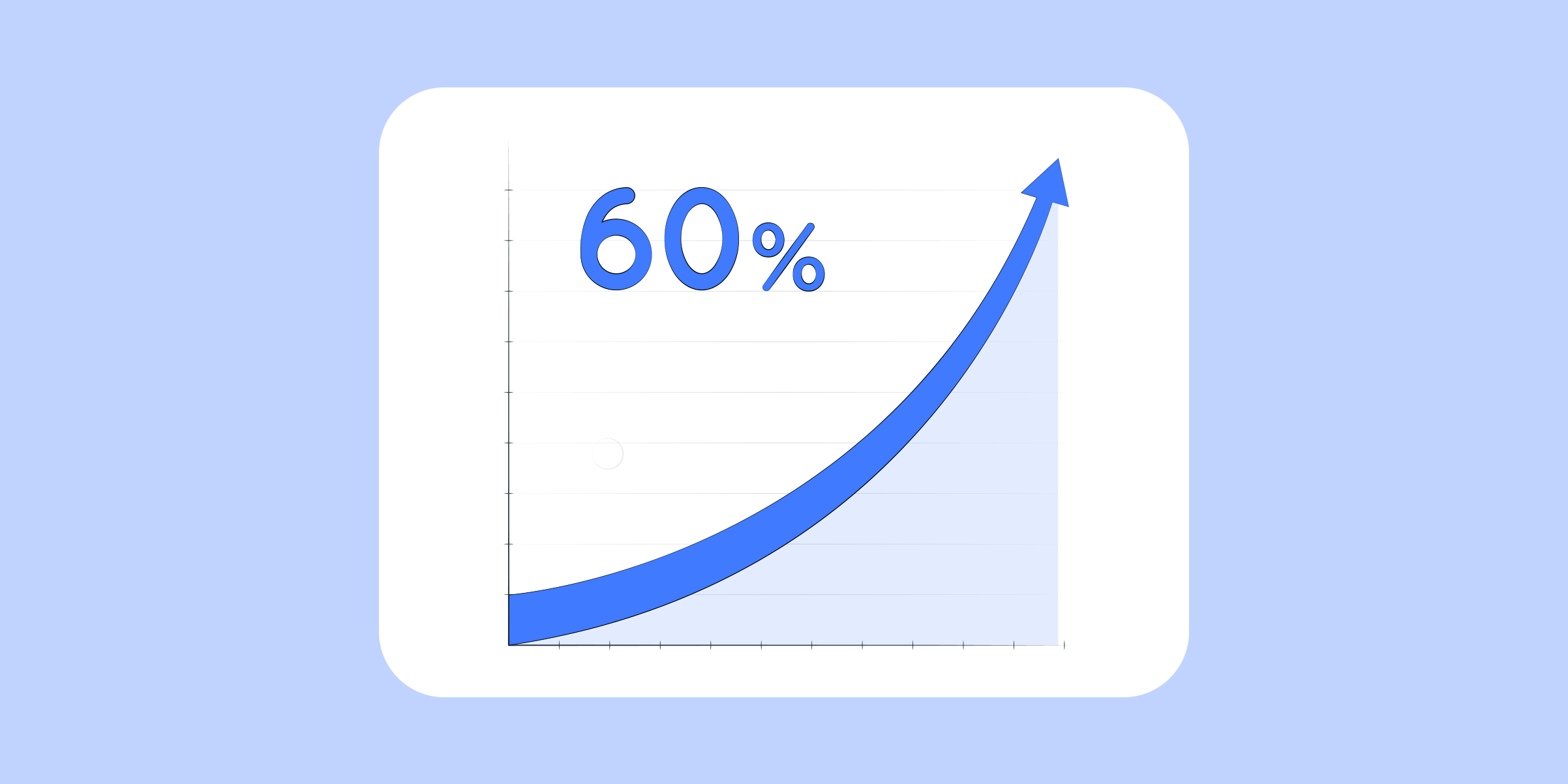Residential Proxies
Allowlisted 200M+ IPs from real ISP. Managed/obtained proxies via dashboard.

Proxies
Residential Proxies
Allowlisted 200M+ IPs from real ISP. Managed/obtained proxies via dashboard.
Residential (Socks5) Proxies
Over 200 million real IPs in 190+ locations,
Unlimited Residential Proxies
Use stable, fast, and furious 700K+ datacenter IPs worldwide.
Static Residential proxies
Long-lasting dedicated proxy, non-rotating residential proxy
Dedicated Datacenter Proxies
Use stable, fast, and furious 700K+ datacenter IPs worldwide.

Web Unblocker
View content as a real user with the help of ABC proxy's dynamic fingerprinting technology.
Proxies
API
Proxy list is generated through an API link and applied to compatible programs after whitelist IP authorization
User+Pass Auth
Create credential freely and use rotating proxies on any device or software without allowlisting IP
Proxy Manager
Manage all proxies using APM interface

Proxies
Residential Proxies
Allowlisted 200M+ IPs from real ISP. Managed/obtained proxies via dashboard.
Starts from
$0.77/ GB
Residential (Socks5) Proxies
Over 200 million real IPs in 190+ locations,
Starts from
$0.045/ IP
Unlimited Residential Proxies
Use stable, fast, and furious 700K+ datacenter IPs worldwide.
Starts from
$79/ Day
Rotating ISP Proxies
ABCProxy's Rotating ISP Proxies guarantee long session time.
Starts from
$0.77/ GB
Static Residential proxies
Long-lasting dedicated proxy, non-rotating residential proxy
Starts from
$5/MONTH
Dedicated Datacenter Proxies
Use stable, fast, and furious 700K+ datacenter IPs worldwide.
Starts from
$4.5/MONTH
Knowledge Base
English
繁體中文
Русский
Indonesia
Português
Español
بالعربية

Title: How to check if an IP address is a proxy: A comprehensive guide
Introduction:
Internet security is a growing concern with the increasing number of cyber threats. A common tactic used by malicious actors is to hide their identity and location by using proxy servers. In this blog post, we will explore different methods to check if an IP address is a proxy, to ensure you can protect yourself from potential risks.
1. Understanding proxy servers:
Before we look at methods of detecting proxy servers, it's important to understand what they are. A proxy server acts as an intermediary between your device and the Internet. It masks your IP address, making it harder for websites to track your location and identity.
2. Use online proxy detection tools:
One of the easiest ways to check if an IP address is a proxy is to use online proxy detection tools. These tools analyse the characteristics of the IP address and provide information about the likelihood that it is a proxy. Examples of popular online proxy detection tools include IPQualityScore, IP2Proxy and ProxyCheck.
3. Analyse IP address headers:
Proxy servers often add additional headers to outgoing requests. By examining the headers of an incoming request, you can determine if it has passed through a proxy. Look for headers such as "X-Forwarded-For" or "Via" - these are often added by proxy servers.
4. Check IP reputation databases:
There are many IP reputation databases that contain information about IP addresses associated with proxy use or malicious activity. By querying these databases, you can determine if an IP address has a history of being associated with proxy servers. Some popular IP reputation databases include Project Honeypot, Spamhaus and StopForumSpam.
5. Performing reverse DNS lookups:
A reverse DNS lookup involves querying the DNS server to find the hostname associated with a given IP address. Proxy servers often have generic or unusual hostnames because they are often shared by multiple users. By performing a reverse DNS lookup, you can identify suspicious hostnames associated with the IP address in question.
6. Analyse network behaviour:
Proxy servers may exhibit certain network behaviours that can be identified through traffic analysis. Look for characteristics such as high volumes of outbound connections, unusual port usage, or consistent round trip times. These anomalies may indicate the presence of a proxy.
7. Perform geolocation checks:
Geolocation checks involve comparing the physical location associated with the IP address with the user's claimed location. If there is a significant discrepancy, this could indicate the use of a proxy server. Services such as IP2Location or MaxMind provide comprehensive geolocation databases that can help with this analysis.
The bottom line:
In today's digital landscape, protecting yourself from online threats is paramount. By checking whether an IP address is a proxy, you can mitigate potential risks and secure your online activities. Using online proxy detection tools, analysing IP address headers, checking IP reputation databases, performing reverse DNS lookups, analysing network behaviour and implementing geolocation checks are all effective ways to identify proxy server use. Stay vigilant and take proactive measures to ensure your online security.
Featured Posts
Popular Products
Residential Proxies
Allowlisted 200M+ IPs from real ISP. Managed/obtained proxies via dashboard.
Residential (Socks5) Proxies
Over 200 million real IPs in 190+ locations,
Unlimited Residential Proxies
Use stable, fast, and furious 700K+ datacenter IPs worldwide.
Rotating ISP Proxies
ABCProxy's Rotating ISP Proxies guarantee long session time.
Residential (Socks5) Proxies
Long-lasting dedicated proxy, non-rotating residential proxy
Dedicated Datacenter Proxies
Use stable, fast, and furious 700K+ datacenter IPs worldwide.
Web Unblocker
View content as a real user with the help of ABC proxy's dynamic fingerprinting technology.
Related articles

What Makes a Good Proxy: Understanding the Essentials
A good proxy server acts as an intermediary between your device and the internet, providing a layer of privacy, security, and anonymity. It allows you to access websites and online services while masking your original IP address, making it difficult for others to track your online activities.There are several key features that make a proxy server good. Firstly, it should offer a high level of security, employing encryption protocols to protect your data from prying eyes. This ensures that your sensitive information, such as login credentials or credit card details, remains safe while browsing.Secondly, a good proxy should provide fast and reliable connection speeds. Slow proxies can greatly hinder your online experience, causing frustrating delays and buffering issues. An efficient proxy server minimizes latency and delivers smooth browsing and streaming capabilities.Furthermore, a good proxy should have a wide range of server locations across different countries. This feature allows y

The Benefits of Using VIP Socks Proxy for Enhanced Online Security
Are you tired of being blocked from accessing certain websites due to geo-restrictions or IP blocking? Look no further than VIP socks proxy. In this blog post, we will explore the benefits of using VIP socks proxy and how it can enhance your browsing experience.VIP socks proxy is a type of proxy server that offers high-level security and anonymity while browsing the internet. Unlike regular proxies, socks proxies work at the socket level, making them versatile and compatible with various applications and protocols. This means that you can use VIP socks proxy not only for web browsing but also for online gaming, P2P file sharing, and other activities that require internet connectivity.One of the major advantages of using VIP socks proxy is the ability to hide your real IP address. By connecting to a socks proxy server, your internet traffic is routed through an intermediary server, making it appear as though you are browsing from a different location. This is particularly useful for use

Why Should You Use a Proxy? Exploring the Benefits and Reasons
Using a proxy is an effective and efficient way to enhance your online experience. A proxy acts as an intermediary between you and the internet, masking your IP address and providing added security and privacy. By using a proxy, you can bypass restrictions and access blocked websites, ensuring that you have unrestricted access to the content you want. Additionally, proxies can also help improve your internet speed by caching web pages and reducing the load on your network. Whether you are concerned about online privacy, want to access region-restricted content, or simply wish to optimize your browsing experience, using a proxy is the way to go. It's time to take control of your online presence and unlock a world of possibilities with the help of a proxy.